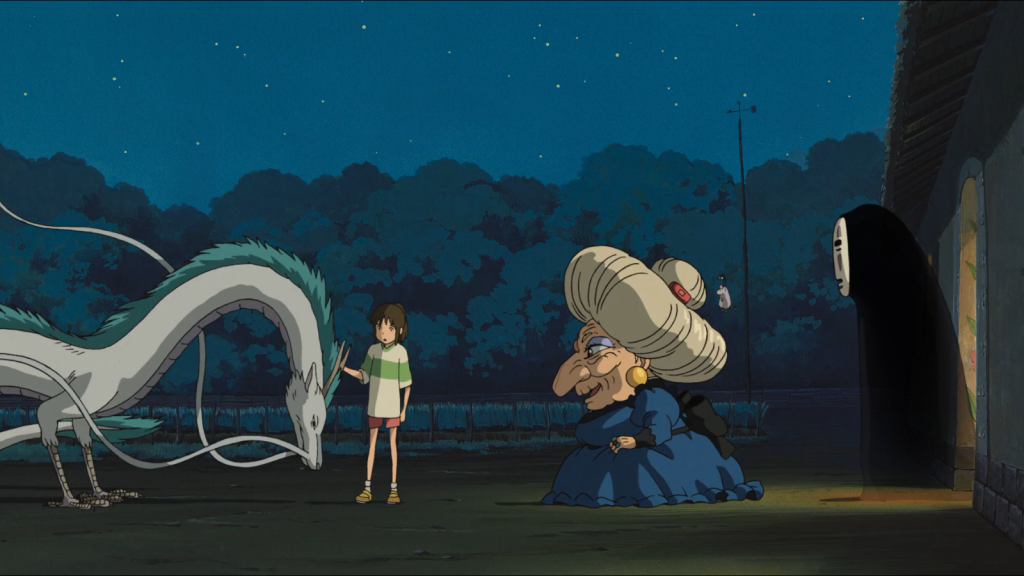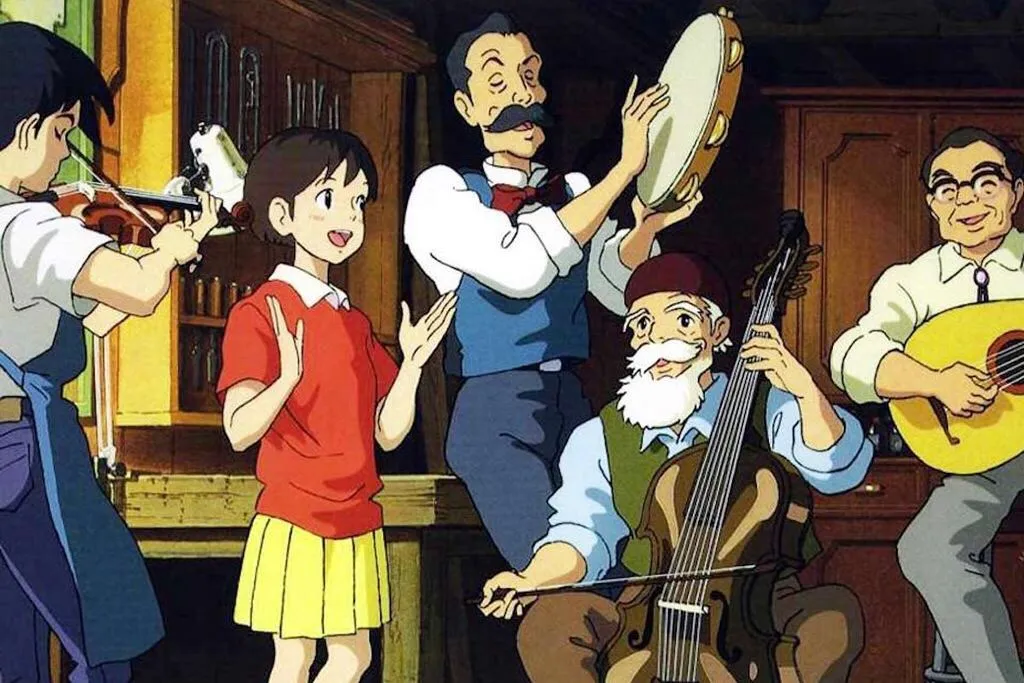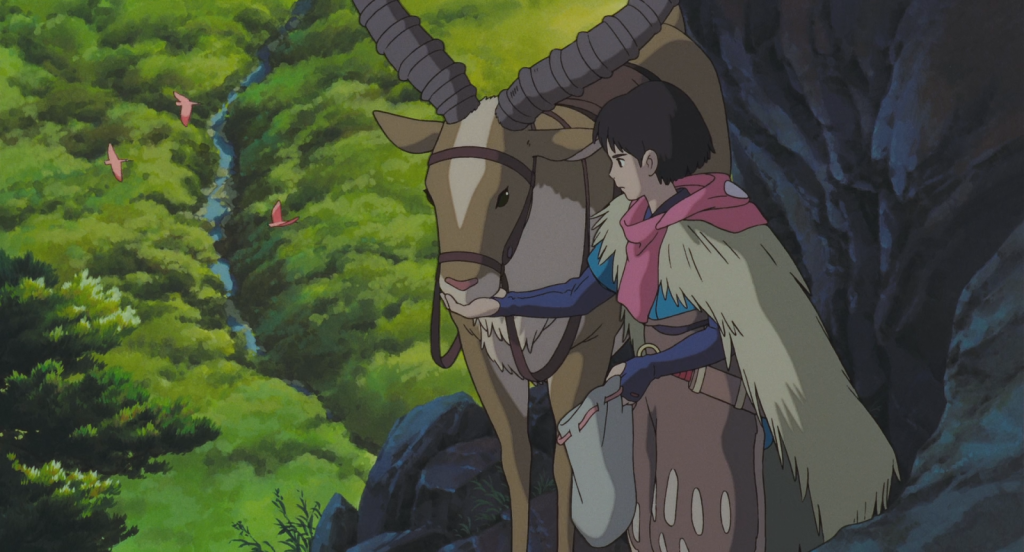Hayao Miyazaki, the legendary animator and co-founder of Studio Ghibli, has long been one of anime’s most respected yet harshest critics. He is well-known for films like Spirited Away, My Neighbor Totoro, and Princess Mononoke, which have influenced not only Japanese animation but also how people around the world view anime as an art form. However, alongside his accomplishments, he has been very open about his dissatisfaction with the anime industry’s growing emphasis on commercialism over creativity.

Miyzaki’s criticism feels especially relevant today, as long-running franchises like Naruto and One Piece represent the issues he highlighted. Major anime franchises nowadays have become so indulged in the race of profit-making, that they have somewhat forgotten their primary purpose. And it further created a disconnect between the storytelling and human sensitivity.
Hayao Miyazaki’s Early Warnings For the Anime Industry
In his 1979 essay, Nostalgia for a Lost World, Hayao Miyazaki expressed concern that anime was increasingly becoming a product of consumer culture. In his view, anime was being commodified in a way that limited its creative potential. Anime’s purpose had shifted away from artistic expression, becoming instead a “business model” centered around “themes like departing for new horizons or love, while pretending not to be conscious of this commercial reality”.

The structural problems Miyazaki perceived as restricting creativity are highlighted in the process of anime production he outlined, in which manga are turned into anime, which then act as advertisements for toys and other merchandise. Miyazaki claimed that the industry’s emphasis on promoting new films for financial benefit results in a meaningless kind of entertainment that, despite its visual appeal, hardly has an emotional impact on viewers as it used to before.
No matter how good the animation is, when we have too much, it is no longer of good quality.
This statement was made by Hayao Miyazaki in 1982, at a time when Japan’s economy was booming. According to him, the sheer amount of anime content diminishes its impact as anime should serve as a means of reaching people on an emotional level, not merely as a product to be consumed and forgotten.
The issues Miyazaki described can be seen in the production schedules for longer-running series like Naruto and One Piece. Both series provide a steady stream of new material to keep viewers interested since they contain multiple episodes, numerous films, and other adaptations. Character development, narrative coherence, and animation quality are often compromised for these continuous production demands.
Hayao Miyazaki’s Disapproval of the Commercialism
Anime, which was originally thought of as a purely creative medium, has become a market dominated by products, which is the core basis of Miyazaki’s criticism. In recent years, the Japanese anime sector has grown to a record market value of over $24 billion, with a large amount of that coming from licensing and goods.

However, on the other hand, Studio Ghibli, while also somewhat involved in merchandise, has approached commercialization with a different philosophy. Miyazaki and Ghibli’s producers have always been indifferent towards the merchandise culture. In fact, Ghibli’s merchandise was relatively limited and was often sold as mementos to complement the studio’s films rather than as a primary income source.
However, the rule has currently changed after Miyazaki’s temporary retirement in 2014, as the studio tried to make up for the loss of film production with their merchandise. That too, however, was initially done without Miyazaki’s knowledge. Thus, later he expressed his disappointment by remarking,
A few years ago, I stopped attending meetings…….They started making more than ¥10 billion, and they kept it a secret from me. I got really mad about that.
Despite Miyazaki’s concerns, the popularity of anime has only grown, and mainstream franchises show no sign of slowing down. However, his critique invites creators, producers, and fans alike to consider the implications of anime’s commercialization. As the industry becomes increasingly global, with more Western streaming services investing in anime, there is a risk of further commodification, where artistic vision becomes secondary to profitability.
Studio Ghibli films are currently available to watch on Netflix.
